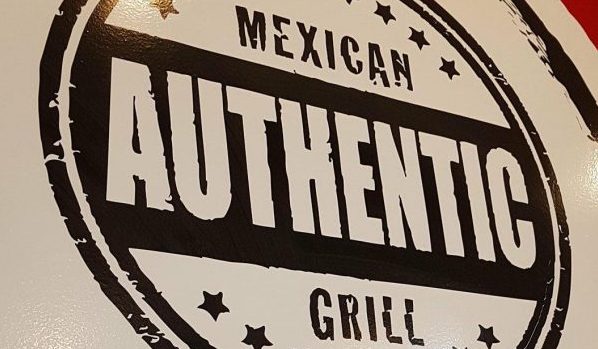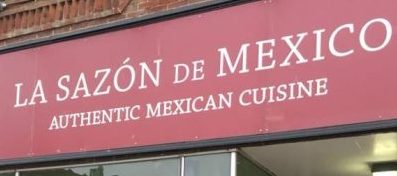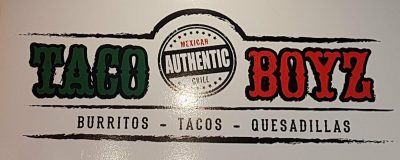
As I drive through my home city looking for a place to eat lunch, I feel overwhelmed by advertising that offers what seems to be an endless array of food options. Do I want fresh and healthy or fast and fried? How about vegetarian, seafood, gluten free, halal, burgers, pub food, buffet, Chinese, fine dining, Indian, local, or organic? While my options seem endless, there is one type of food that seems to be available on every street ‑ “authentic.” And with so many selling it, how does one differentiate between the inauthentic and the authentic?
Take for example a recent local newspaper article, where the owner of the newly opened La Sazón de Mexico states that it is the first Mexican food restaurant in the city and claims it is the only one with “authentic Mexican food.” The owner says the restaurant aims to showcase what is “real Mexican culture” and even offers “authentic Mexican tequila.”

However, as the restaurant only recently opened, the claim to authenticity seems to challenge other existing businesses that have already made a declaration to Mexican authenticity.
Taco Boyz, another local restaurant in the same city, boasts on their website that they have been “serving up fresh, authentic Mexican food since 2014!” They claim to use “classic Mexican cooking methods” sourcing local products offering “Mexican inspired street food,” cooked using “authentic recipes in-store every day.” Their logo even bares a stamp, front and center, claiming it is an “Authentic Mexican Grill,” take a look:

So it seems La Sazón de Mexico’s authenticity claim seems to be pointed directly at the existing Taco Boyz claims. So which one really was the first “authentic” Mexican food restaurant in town?
While these two restaurants duke it out over which is more “authentic,” other restaurants take another approach. Sugar Skull Cantina, a Tex Mex cantina style taco and tequila bar, advertises “tacos without borders. Originality makes us happy, not authenticity.” The notion of “originality” legitimizes a creative aspect that is somehow beyond authenticity. Yet, it still normalizes a notion that there is an “authentic” to begin with. To be original requires an opposing non-original — in this case an authentic.
But do any of these claims of authenticity point to any one specific thing or essential element that makes something an authentic Mexican food? Rather than being descriptive, authenticity is often contestable and hard to pin down. It is frequently a mechanism for marketing, used to separate one thing from another — the real from the unreal or the us from them. But who gets to decide where the separation lies and what deserves the label of authenticity? This discourse of authenticity seems to appeal to a fetish for “real” or “genuine” experiences. And yet for some, the authenticity narrative can be a means to protect their culture from being vulgarized by outsiders who look to profit from an imagined notion of the real. Perhaps the rhetoric of authenticity tells us less about the actual food stuff that is advertised on a restaurant sign and more about those making the claim.
